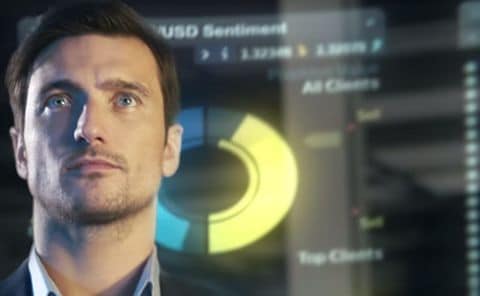Sometimes in volatile, fast-moving markets there can be slippage or gaps between the price on the screen and the price of execution. Boundary orders allow you to specify a range or 'boundary price' that you are willing to accept in terms of slippage, ensuring your trade is executed.
Video transcript
Hi there and welcome to this short video on having a look at order boundaries at more detail.
What you actually see here are on my USD order ticket is what is called the level one price and if you try and execute a trade through CMC markets you have got what is called automated execution which means that even in a fast moving volatile market if you trying to enter a trade we will always get you in at the next available price. Even if the market is moving at a fast pace.
Now for the majority of our clients, that is exactly the type of execution they want to go ahead and have, but depending on the type of strategy it might be very, very specific for you to get in at a specific entry point. And that is really what boundaries gives you access to. It allows you to have greater control over your execution than ever before. So essentially when I enable this in my order settings area I'm just going to close this ticket right here and open it again. Now you will notice that there is an extra icon which allows you to add a boundary, and essentially if I try to put a trade right now at this price that is my screen price, when it executes that is my execution price.
And what the boundary order does is allows you to stipulate that the execution price is greater than 0.1 points away from my screen price then reject the trade. I don't want to get into them. And that's essentially what boundary orders are for. In fact I could even set that to be zero points if you want to be very, very specific about it. You want to get that exact screen price in relation to your execution price, that's exactly what it will go ahead and do for you.
It's also possible for you to add this feature on stop entry orders as you can see there I've got my stop entry price right here. And it works exactly the same way, so if I was to type in 0.1 that would mean that I'm being very specific about what execution I want relative to the screen price that is on there, and you can see that any order that has a boundary attached to it and this is my pending order section right here it has a B. To be indicative of the fact that I have a boundary placed on my trade which means that if the execution price is further than that boundary price away from the screen price than it will not be executed. And that's how easy it is to go ahead and get setup with your boundary orders.


